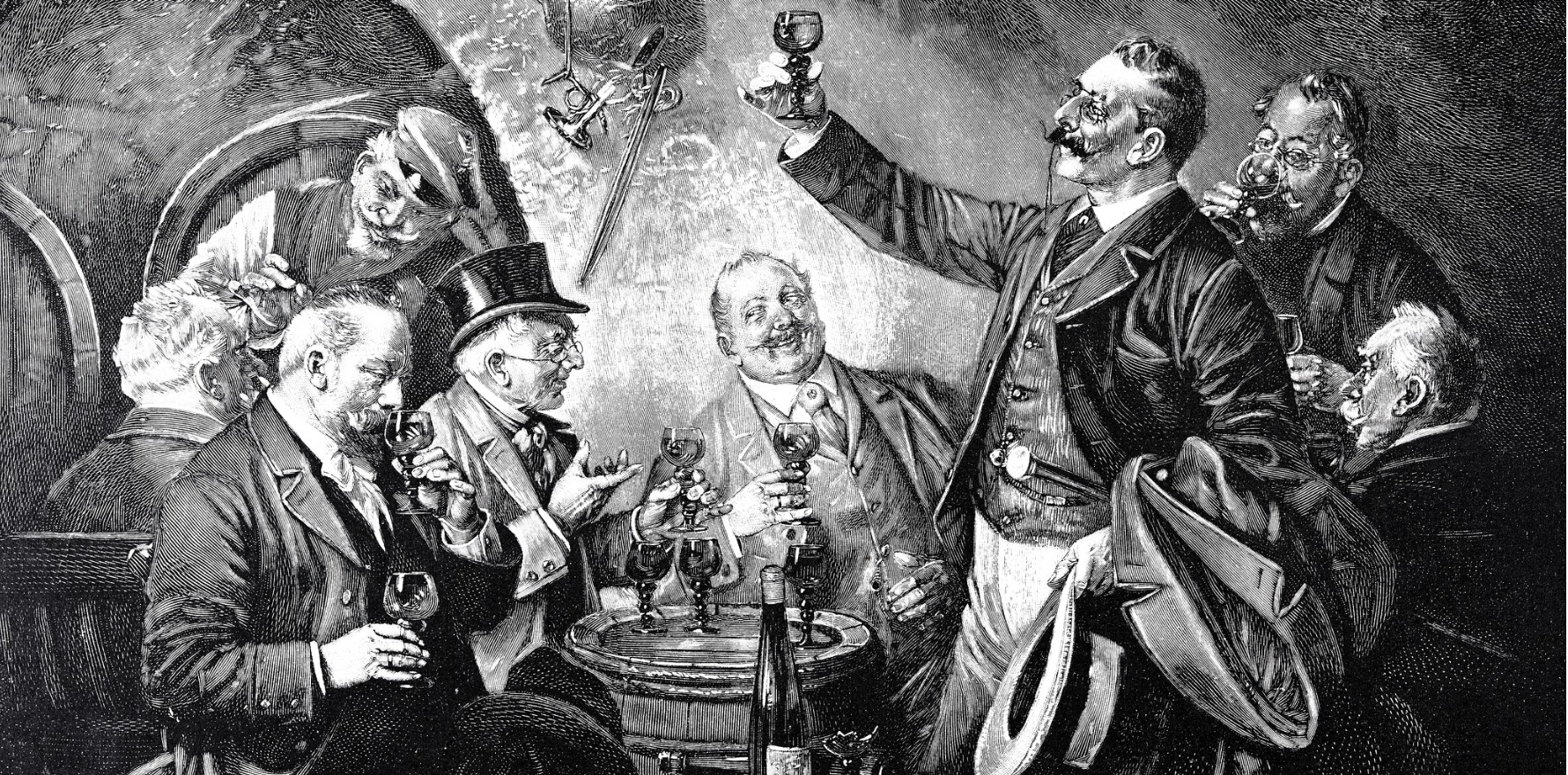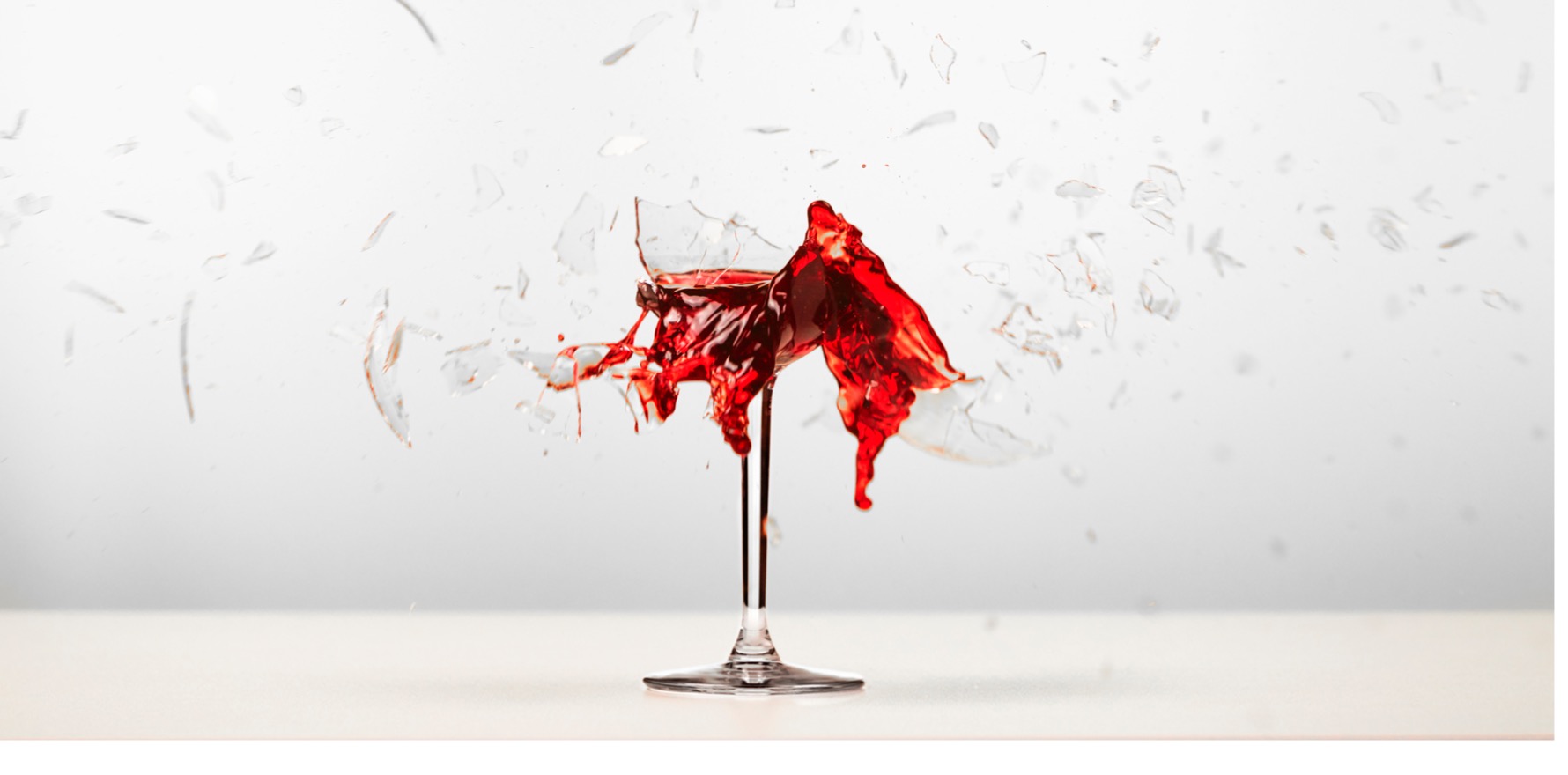Although white wine may increase your risk of skin cancer.
A new meta-analysis challenges the claims that red wine is healthier than white wine, showing no difference in overall cancer risk regardless of whether you prefer pinot noir or pinot gris.
Alcohol is associated with a wide range of adverse health outcomes, but that doesn’t stop producers from trying to market their products as “healthier” alternatives in different ways. One such approach is downplaying the known carcinogenic risk of alcohol containing products. For example, red wine is a “better” choice because it contains more antioxidants.
The idea that certain types of alcohol can alter the risk of developing cancer was explored in a recent meta-analysis of over 40 observational studies, which compared the association between red and white wine consumption and cancer risk. The findings were published in Nutrients.
Overall, there was no association between wine intake (for either variety) and cancer development when individuals with high intake levels were compared to individuals with low intake levels (summary relative risk and 95% confidence interval 0.98 [0.87-1.10] for red, 1.00 [0.91-1.10] for white).
Subgroup analyses suggested that white wine intake was associated with a 26% increase in overall cancer risk in women and a 22% increase in the risk of skin cancer.
“It has been hypothesised that alcohol consumption can promote skin carcinogenicity through the intermediate byproducts or metabolites of alcohol, such as acetaldehyde and reactive oxygen species, that have photosensitising effects,” the researchers wrote.
“Also, drinking wine may be more common among whites who are more susceptible to skin cancer than other racial groups. However, it may not explain why white wine specifically was associated with skin cancer risk.”
But Associate Professor Harindra Jayasekara, a principal research fellow at Cancer Council Victoria whose work focuses on cancer risk in relation to lifestyle factors, wasn’t buying the results.
“There is no real reason to compare [the cancer risk associated with] different types of alcoholic beverages… but people do this all the time, so there is nothing wrong with that.”
Related
The public health physician and cancer epidemiologist felt that while the researchers had conducted a reasonably precise meta-analysis, there were several issues with the quality controls – or lack thereof – around the included studies.
Small sample sizes, a reliance on case-control studies and the use of unvalidated alcohol intake questionnaires were among the limitations mentioned by Professor Jayasekara.
“They also discuss contaminants that potentially beneficial or harmful – based on animal studies and other work that has been done in labs – but that has not been captured in the method of many of these studies,” he told Oncology Republic.
“I am really not sure whether they can attribute whatever they find to things that were not measured in the first place.
“For example, there are lots of things that we know are related to skin cancer, but it is definitely not one of those cancers that is known to be related to or caused by alcohol consumption.
“This meta-analysis highlights the fact that they found something for skin cancer with white wine consumption, but not with red wine consumption. [And] I don’t know how plausible those findings are.”
Professor Jayasekara said there was no reason for health professionals to change their messaging to the general public regarding alcohol intake and cancer risk based on these results.
“There is more and more research emerging which tells us that even light to moderate levels of drinking is harmful in terms of your cancer risk.
“The best advice is that if you are not currently drinking, it is in your best interest to continue to abstain from alcohol, and if you are someone who does consume alcohol, then at least try to stick with the NHMRC intake guidelines, as they are meant to limit the damage from the harmful effects of alcohol.”





